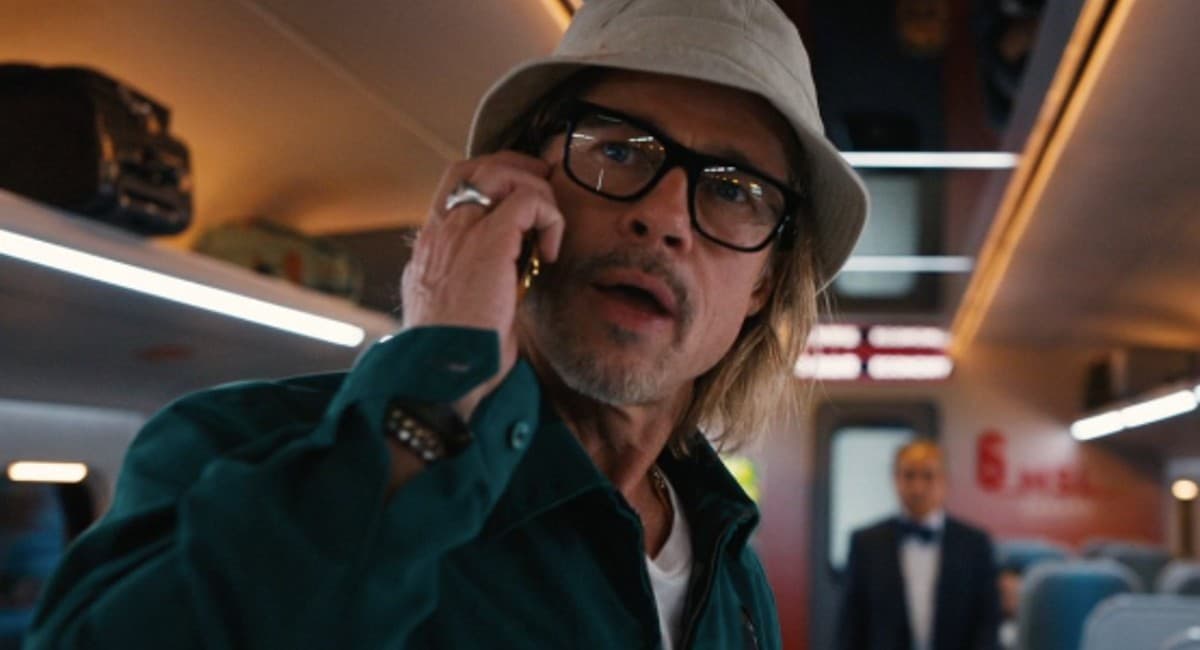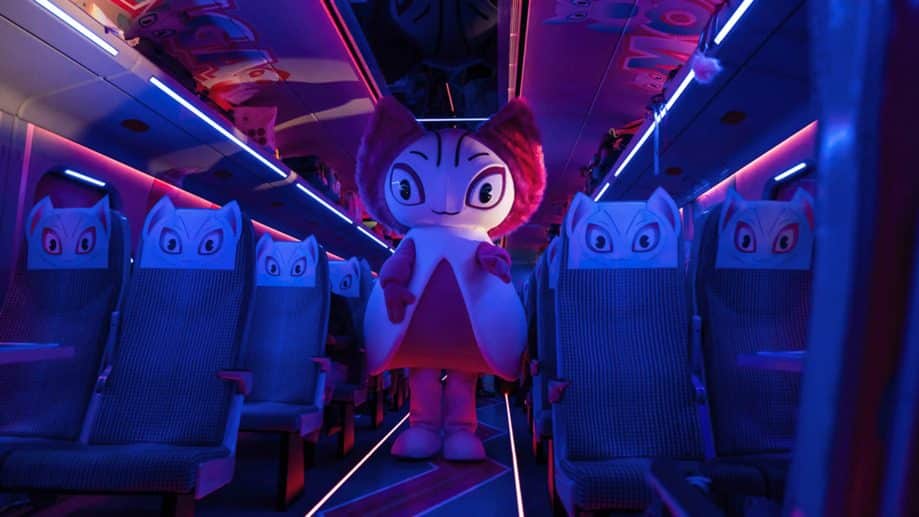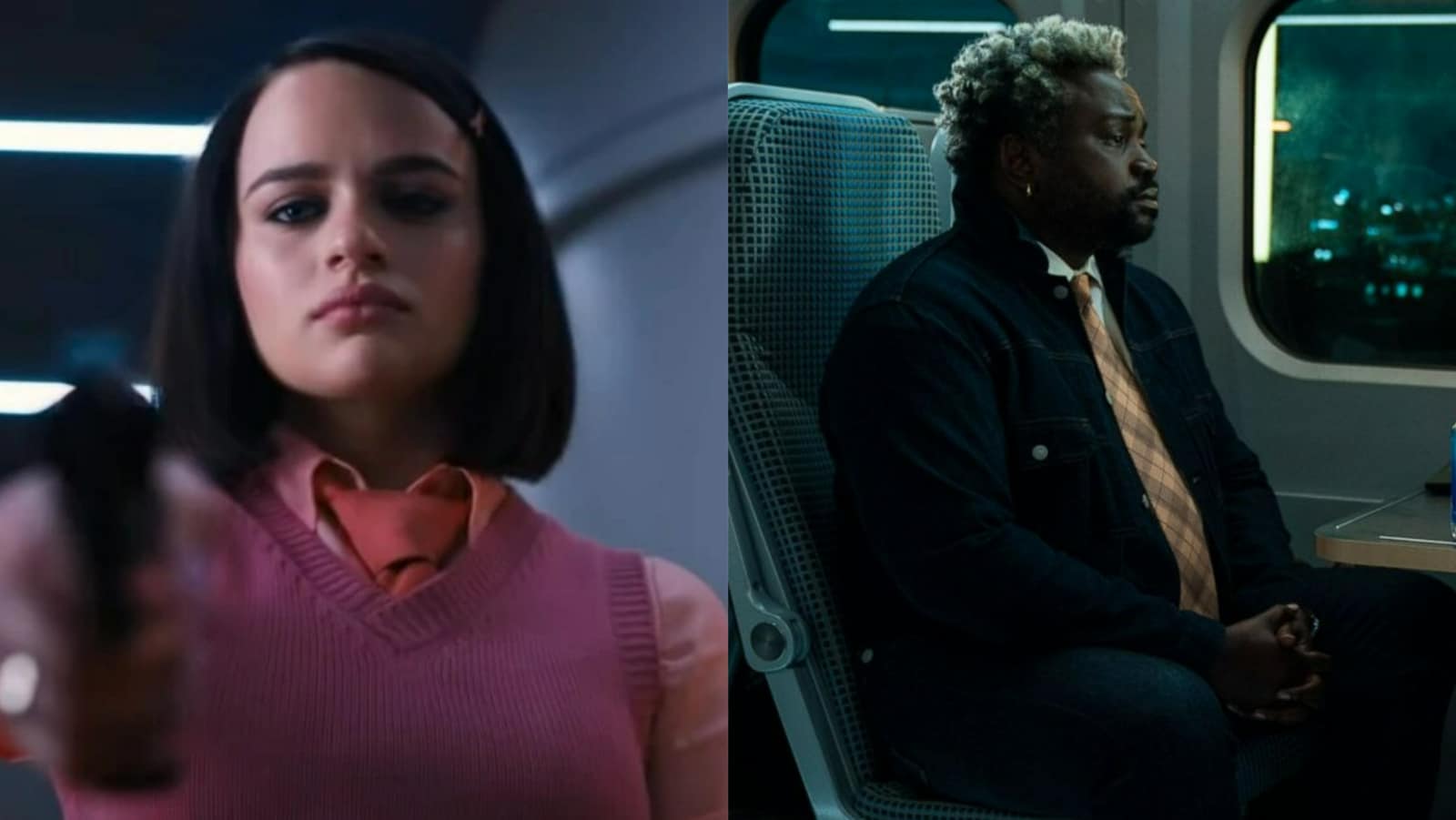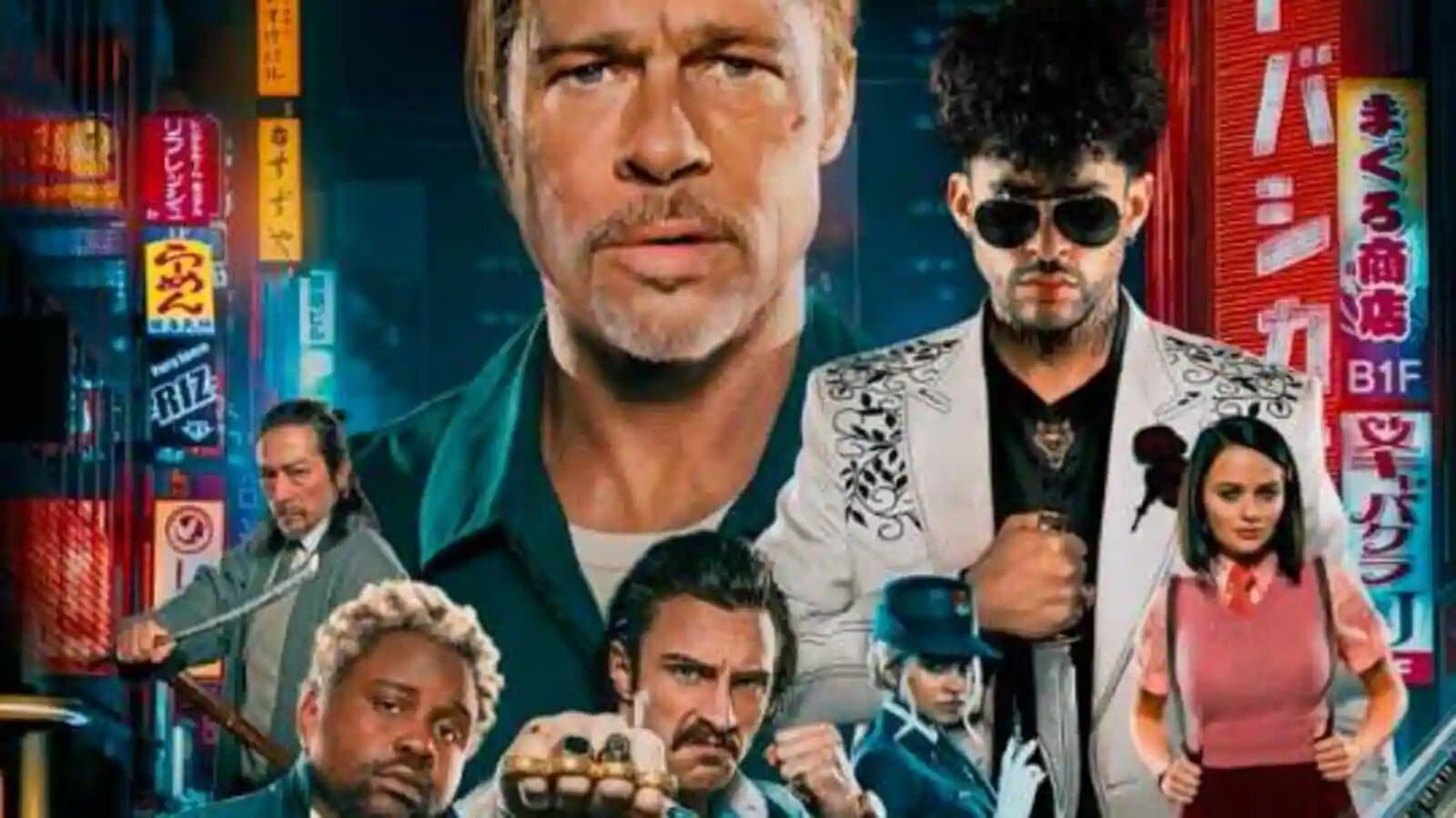Bullet Train author defends non-Japanese casting: “They’re not real people”
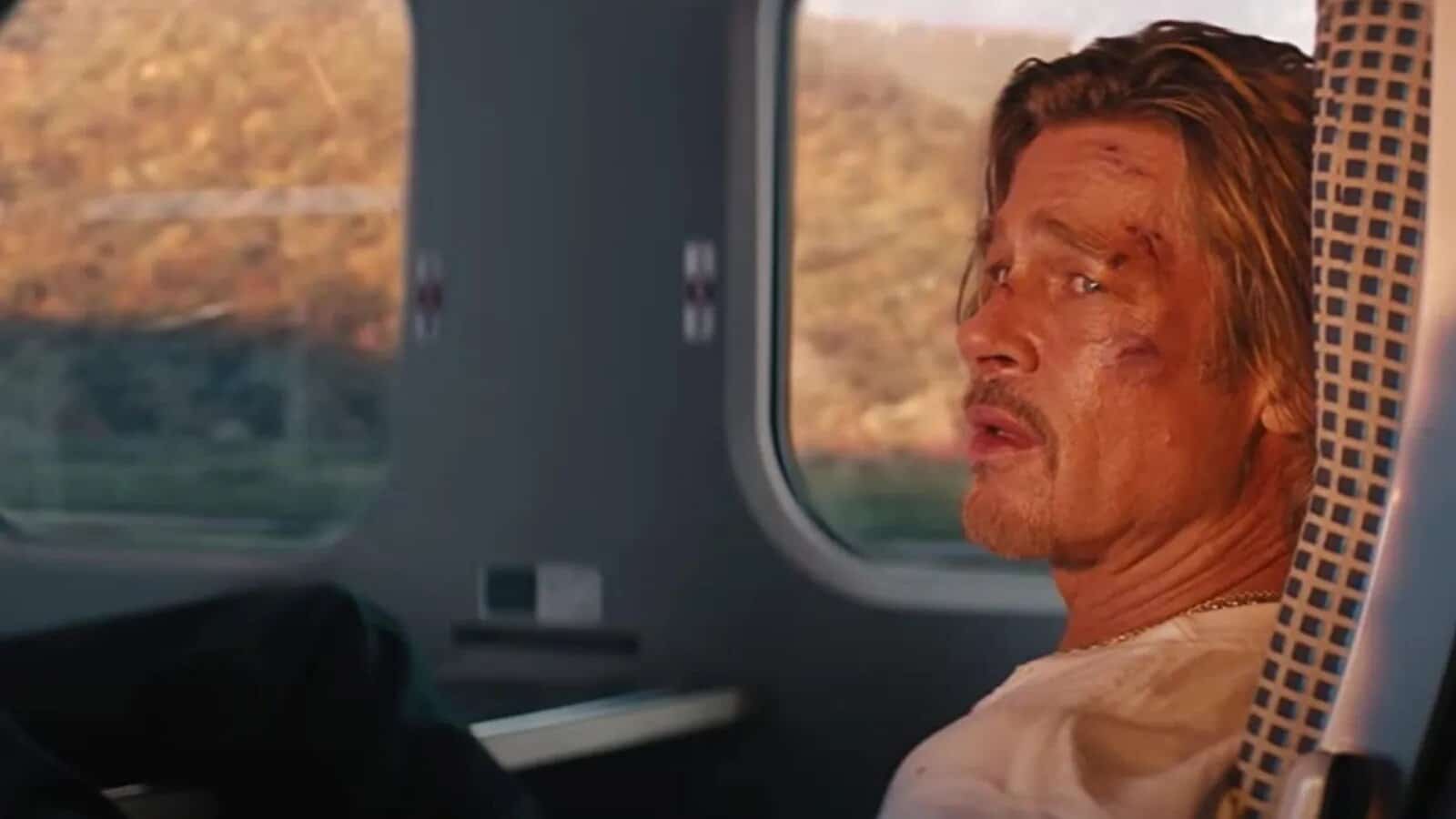 Sony Pictures
Sony PicturesPitt’s Ladybug learns a lesson about fate, but we’re not quite sure how he gets there.
Bullet Train, which stars Brad Pitt, is a movie set in Japan, but features few Japanese actors. The film’s head creatives have now explained why.
Bullet Train, a new fun-looking action film hitting cinemas on August 3, stars Brad Pitt among a rag-tag cast of assassins, all of whom find themselves on a train from Tokyo to Morioka, and realize that their individual missions may all be connected.
The cast looks talented and good fits for their roles – however, it may seem odd that a film set in Japan features hardly any prominent Japanese actors, which has led to criticism of the film due to its whitewashing of an Asian setting.
But the film’s director and writer, along with the author of the book that the film is based on, have come forward to explain their casting choice, namely how the story doesn’t actually feature many actual Japanese characters.
Bullet Train’s cast of killers are maybe “Not even Japanese”
The film features a cast of Black, Latino, Asian, and white actors, including Sandra Bullock, Michael Shannon, Brian Tyree Henry, Joey King, Aaron Taylor-Johnson, Andrew Koji, Zazie Beetz, Karen Fukuhara, Hiroyuki Sanada, Masi Oka, Logan Lerman, and Bad Bunny.
The presence of mainly white actors has caused some concern over the film, but this isn’t an issue, according to the creatives behind the project.
Author Kōtarō Isaka, whose 2010 novel Maria Beetle has been adapted for the movie, came forward in an interview with The New York Times, stating that his main characters are likely “not even Japanese,” in response to the film’s criticism.
Isaka sees his characters as “ethnically malleable” and doesn’t regard the story’s Japanese setting as particularly important, as the characters are “not real people, and maybe they’re not even Japanese.”
The film’s director David Leitch noted that there were conversations surrounding where the film would be set so that actors of different races could be seen together, stating: “Tokyo is as international of a city as anywhere.
“We had conversations like, ‘Maybe it could be Europe, maybe it could be a different part of Asia.’ Where could we see all these international types colliding?”
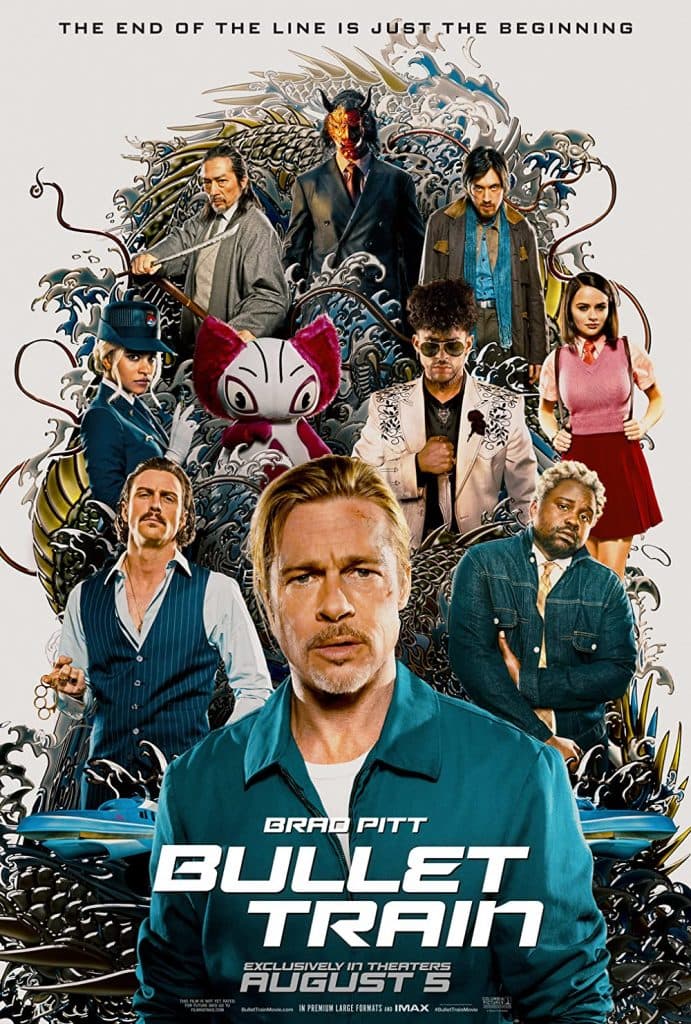 Sony Pictures
Sony PicturesThe film’s screenwriter Zak Olkewicz echoed this sentiment, stating that the decision to cast beyond Japanese talent “just shows you the strength of the original author’s work and how this could be a story that could transcend race anyway.”
However, the film’s creatives also argue that they did their best to make the film inclusive of Asian stories. Olkewicz said the team worked to “preserve” the three generations of a Japanese family featured in Isaka’s book, although they are not at the center of the film like many of the other characters are.
“People who haven’t necessarily seen the movie will be surprised to find out that the plot pretty much kind of is about the Japanese characters and their story lines getting that resolution. We were all really aware and wanted to make it super inclusive and international,” Olkewicz explained.
International factors led to the film having a more international cast
Sanford Panitch, president of Sony Pictures Entertainment Motion Picture Group, said that the way the film was cast was best on both a cultural and business scale, stating that it “gave us comfort in honoring its Japanese soul but at the same time giving the movie a chance to get big giant movie stars and have it work on a global scale.”
And while the movie is still set in Japan, it couldn’t actually be filmed in Tokyo due to 2020’s global restrictions. Instead, it was produced on a sound stage, transforming the setting into “Japan’s future or like a Gotham City,” according to Isaka, therefore setting Bullet Train in “a world that people don’t know.”
Bullet Train arrives in cinemas August 3.
